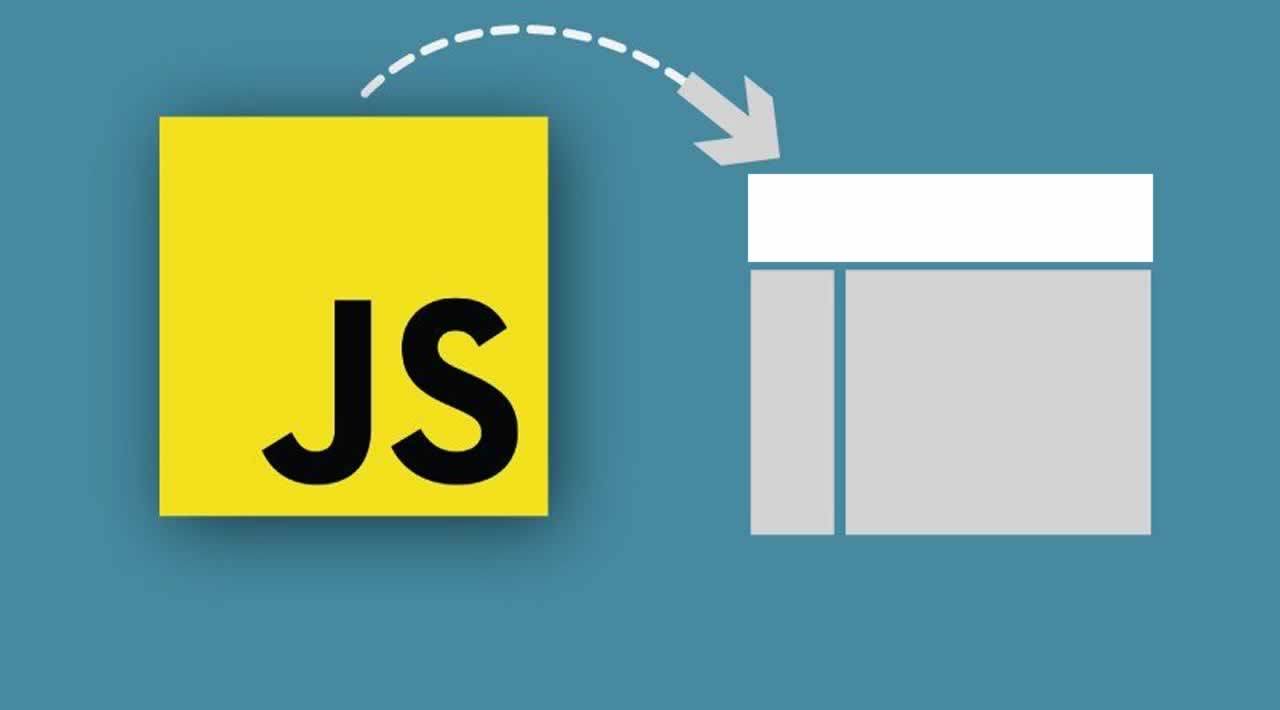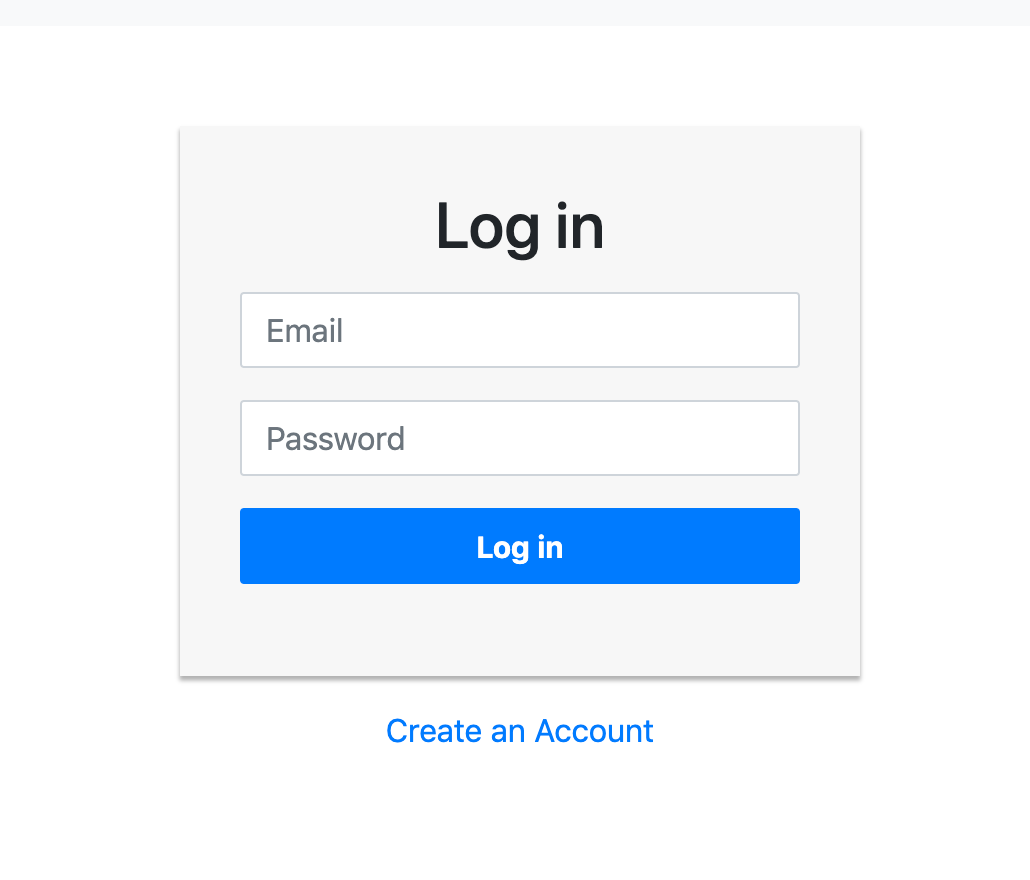
Hints Staff
I always try to upload useful article for users of HTML HINTS which will help them to learn more about Web Technologies.
More From The Author
Top 10 Cool CSS & JS Animation
Collection of free HTML and CSS animation code examples. Using animations, its gives an amazing look...
What is Deno & is it time to move on Deno over Node.js?
Deno.js is finally released its 1.0.0. release date on May 13th, 2020. In this ...
CSS Positions
The CSS position property defines how an element in HTML is positioned in a document. The HTML eleme...
Top 8 Javascript Array Methods
In JavaScript, array is a special type of variable that allows you to store multiple values in a sin...
How To Change URL Without Reloading Page Using Javascript
How to change URL without refreshing the browser. In this article, we are looking into updating the ...
Login System Using OOPS Concept In PHP
In this article, get all information about how to make Dynamic Login System Using OOPS Concept with ...








